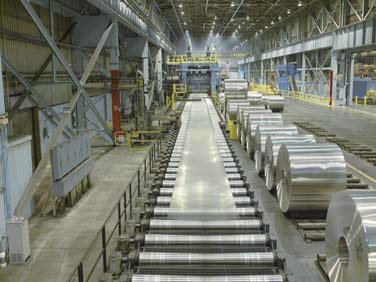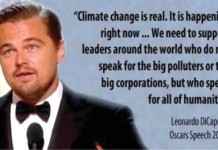The new business models are more financially sound in the long term, according to the authors of a new report, which argues that a sustainable future needs new business models.
In a forthcoming report on business model innovation, Model Behavior II: Strategies to Rewire Business, SustainAbility tells the stories of four multinational companies that have shifted their business models to become more sustainable.
For Novelis, rather than continuing to source virgin, primary aluminum, it moved to recycled aluminum because it made more financial sense and would position the company to be resilient to climate change.
To differentiate itself from competitors at the high and low end of the market, Starbucks realized that green building provided more value to numerous stakeholders.
Fibria acknowledged that while demand for its traditional paper products would remain strong for years, it was risky to depend on historic patterns of demand and began to shift its mindset about how to use its forest and land assets differently.
And as part of a larger effort to retain its core customers – farmers – Syngenta changed its sales approach to focus more on what farmers needed to capture extra value from their yields.
Part of the appeal of system-level transformations, including business model shifts, is reconsidering the economic landscape so that new, radical and more sustainable developments also make financial sense.










